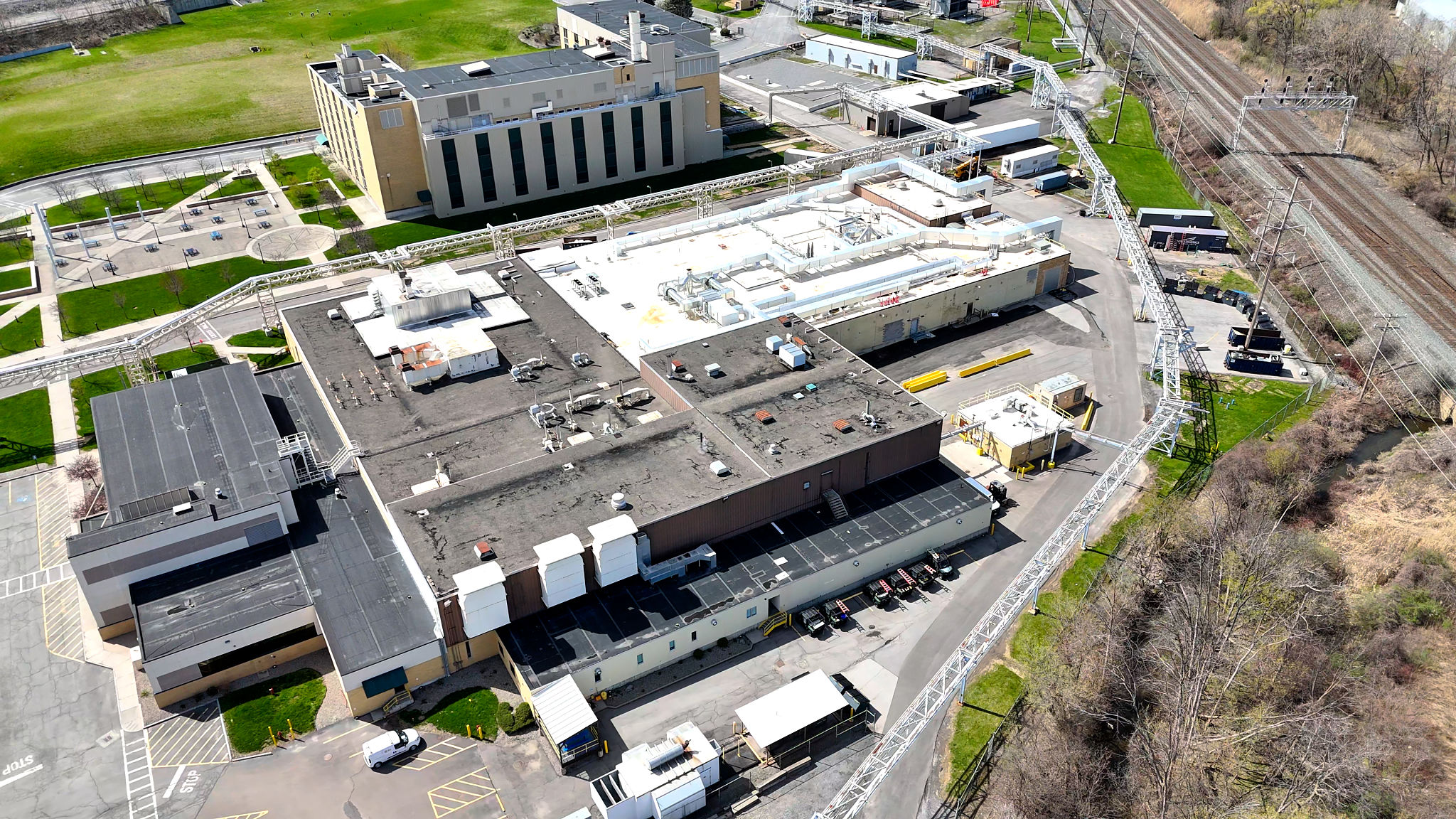How Delaware's Manufacturing Industries Benefit from Sustainable Practices
The Rise of Sustainable Practices in Delaware's Manufacturing Sector
Delaware's manufacturing industry has been a cornerstone of the state's economy for decades. Recently, there has been a significant shift towards sustainability, driven by both regulatory requirements and consumer demand. By adopting sustainable practices, manufacturers in Delaware not only contribute to environmental preservation but also enhance their operational efficiency and market competitiveness.

Economic Benefits of Sustainability
One of the primary advantages of implementing sustainable practices is the economic benefit it brings to manufacturers. By reducing waste and optimizing resource use, companies can significantly lower their operational costs. This can involve actions such as adopting energy-efficient technologies, reducing water usage, or utilizing recycled materials. These measures often lead to reduced utility bills and lower material costs, ultimately improving profit margins.
Moreover, sustainable practices can open up new markets and customer bases. As more consumers become environmentally conscious, they prefer to purchase products from companies that are committed to sustainability. This shift in consumer preferences provides Delaware manufacturers with an opportunity to differentiate themselves from competitors by branding their products as eco-friendly.
Environmental Impact
The environmental benefits of sustainable manufacturing are profound. By minimizing emissions and waste, Delaware manufacturers contribute to cleaner air and water. This not only helps preserve the state's natural resources but also ensures compliance with stricter environmental regulations that could otherwise incur fines or sanctions.

Furthermore, sustainable practices in manufacturing can lead to the development of greener technologies and innovations. For instance, investing in renewable energy sources such as solar or wind power can help reduce dependence on fossil fuels, thereby decreasing the industry's carbon footprint.
Enhancing Corporate Reputation
Implementing sustainable practices can significantly enhance a company's brand image and reputation. In today's digital age, consumers are more informed than ever before and often choose to support businesses that align with their values. By publicly committing to sustainability goals, Delaware manufacturers can build trust and loyalty among their customers.

Additionally, showcasing commitment to sustainability can attract investors who are increasingly considering environmental, social, and governance (ESG) factors when making investment decisions. This can lead to increased funding opportunities for Delaware's manufacturing sector, further fueling growth and innovation.
Collaboration and Innovation
Sustainability initiatives often encourage collaboration between manufacturers, governments, and research institutions. These partnerships can lead to innovative solutions that benefit all stakeholders. For example, joint initiatives can lead to the development of new materials or processes that are both cost-effective and environmentally friendly.
Furthermore, participating in sustainability-focused networks or industry groups allows Delaware manufacturers to share best practices and learn from each other's experiences. This collective knowledge can drive continuous improvement and foster a culture of innovation within the industry.

The Future of Sustainable Manufacturing in Delaware
The future of Delaware's manufacturing industry lies in its ability to adapt and innovate. As sustainability becomes increasingly important, manufacturers must continue to evolve their practices to remain competitive. By embracing sustainability, Delaware's manufacturing sector can not only thrive economically but also contribute positively to society and the environment.
In conclusion, the adoption of sustainable practices presents a win-win scenario for Delaware's manufacturers. It offers economic advantages, enhances corporate reputation, drives innovation, and contributes to environmental preservation. As these practices become more ingrained in the industry's operations, they will pave the way for a more sustainable and prosperous future.